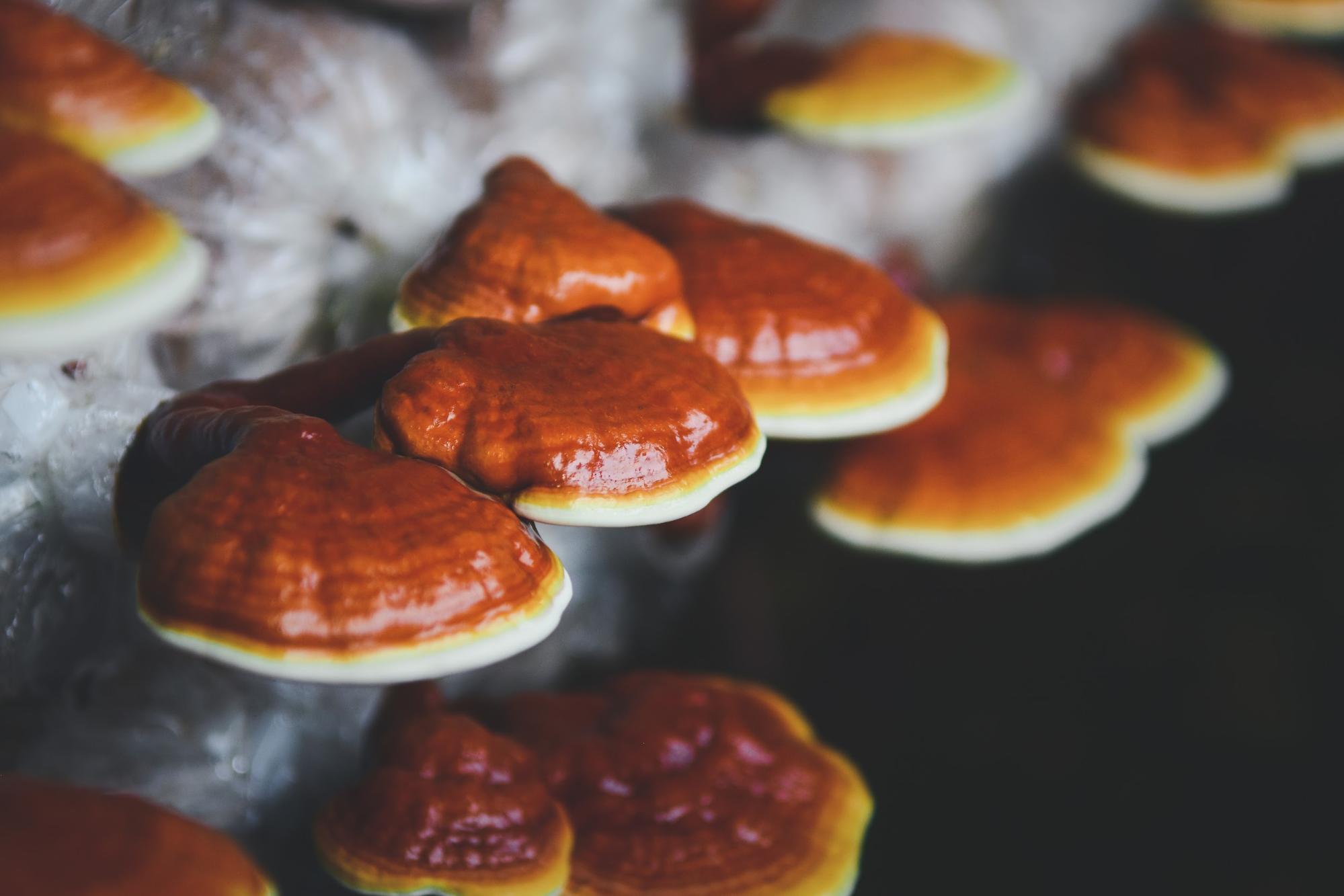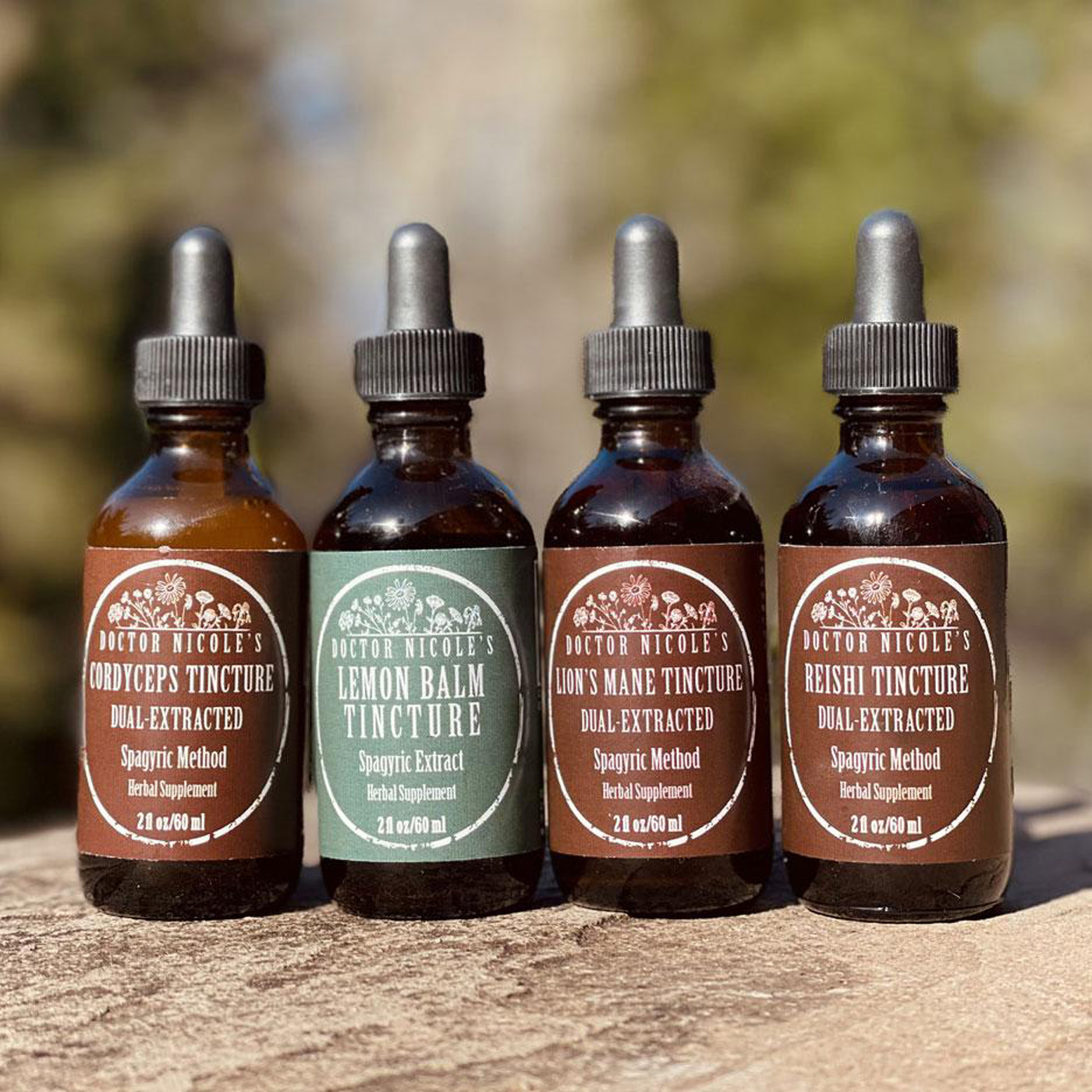Smart Eating
Could eggs help to stave off dementia risk? A recent study published this past summer says yes — with one caveat: you need to consume the whole egg, including the yolk. It all comes down to one specific nutrient known as choline. Incredibly, the researchers discovered those who consumed one or more eggs per week had an astounding 47% lower risk of Alzheimer’s. If you enjoy eggs, this may seem too good to be true. Keep reading to learn more about the study, why eggs are good for brain health, and how several key herbs can also help keep neurodegeneration at bay.
The Study
Using data from the Rush Memory and Aging Project, researchers were able to track the egg consumption of 1,024 adults.1 When the team followed up 6.7 years, they found that 27% of the participants had received a clinical diagnosis of Alzheimer’s. The analysis established that those who consumed one or more eggs per week had almost half the risk of developing the disease. A previous study from 2021 had similar results, showing a significant decrease in memory decline in those who consumed as little as one egg per week.2
As it turns out, choline is crucial for the synthesis and release of neurotransmitters that are important for memory. Additionally, omega-3 fatty acids and lutein found in eggs help lower the brain inflammation that is involved in neurodegeneration and reduce age-associated oxidative stress, respectively.
The Importance of Choline
A vital nutrient for overall health, choline plays a key role in the synthesis of acetylcholine — an essential neurotransmitter for muscle control, mood, and memory. Similar to B vitamins, choline is water soluble and helps to support energy production, brain function, and metabolism. It also assists with detoxification, nerve signaling, and methylation.
Unfortunately, most people do not get enough choline in their diet. The recommended daily allowance for women above the age of 14 is 425-550 mg/day. Men in the same age group should get closer to 550/day. Those with liver conditions may be at particular risk of choline deficiency as it is partially processed in the liver. Symptoms include:
- Mood disorders
- Muscle aches
- Learning disabilities
- Memory loss
- Fatigue and low energy
- Cognitive issues

Dietary Sources
Poultry, meat, and fish are your best sources of choline with 3 oz of beef liver at the top of the list at 283 mg. Next is 6 oz of chicken breast with 198.9 mg. The same amount of salmon will give you 191.4 mg.4
Where do eggs fall on the spectrum? At number four with 146.9 mg per one large egg. As noted above, just make sure you are eating the yolk as this is where choline is concentrated.
What are other dietary sources? A cup of unfortified soy milk comes out on top of the plant kingdom with 57.3 mg per serving. A single, large baked red potato with the skin on is a close second with 56.5 mg. Half a cup of canned kidney beans contains 45 mg, whereas one cup of cooked quinoa comes in at 43 mg.3
Choline supplements are another option, although studies have been mixed regarding their effectiveness — especially concerning their ability to cross the blood-brain barrier and in acetylcholine production. Alpha glycerylphosphoryl choline (A-GPC) has shown the most promise in supporting psychomotor function, energy, and acetylcholine synthesis.5
Plant-Based Support for Cognitive Health
Along with eating a diet rich in choline, herbal remedies are a convenient and effective method for boosting brain health. Cordyceps, lion’s mane, and reishi medicinal mushrooms, along with lemon balm, are my top recommendations for this purpose as they help to support cognitive health and function, address neuroinflammation, and encourage the production of GABA and Nerve Growth Factor. Each is found in my convenient Brain Bundle. Here are the unique brain-boosting benefits of each:
CORDYCEPS MUSHROOM
- Neuroprotective
- Combats fatigue
- Improves brain function
- Fights chronic inflammation
- Improves memory, learning, and reduces oxidative damage to cells.6,7
LION’S MANE MUSHROOM
- Anti-inflammatory
- Boosts cognitive function
- Shown to help reduce symptoms of Alzheimer’s, Dementia, and Parkinson’s.8,9,10
- Helps to repair damaged nerve cells in the spinal cord and brain by encouraging Nerve Growth Factor (NGF).
- Studies have shown that lion’s mane has a unique ability to stimulate the growth of brain cells.
- Lessens insomnia, anxiety, and depression
REISHI MUSHROOM
- Fosters quality sleep
- Anti-inflammatory
- Addresses brain fog and boosts clarity
- Strengthens the body against the negative effects of stress
LEMON BALM
- Dementia
- Parkinson’s and Alzheimer’s disease
- Anxiolytic (soothes anxiety) and helps calm the body and mind
- Improves sleep quality
- Reduces inflammation
- Antioxidant properties protect nerves
- Relieves insomnia
- Calms ADHD symptoms
- Boosts GABA production, a calming neurotransmitter that helps to soothe anxiety and stress.
ADHD, STRESS, and MEMORY HELP; PLUS NO MORE BRAIN FOG!!!
“Wow! The Lemon Balm really helps my ADHD so I can focus. It has also made a big difference in my memory and stress levels. I use the entire Brain Bundle and the Lion’s Mane, Turkey Tail and Cordyceps have also been huge game-changers for me. My energy is better and I have less brain fog from the mushrooms. Thank you!” -Martha R.
If you are ready to improve and protect brain health, visit my apothecary today to learn more about how these potent herbal extracts can help!
Nicole Apelian
Nicole’s Apothecary Products in this Post
References
- Memory and Aging Project, Rush University. https://www.rushu.rush.edu/research-rush-university/departmental-research/rush-alzheimers-disease-center/rush-alzheimers-disease-center-research/epidemiologic-research/memory-aging-project
- Lee GJ, Oda K, Morton KR, Orlich M, Sabate J. Egg intake moderates the rate of memory decline in healthy older adults. J Nutr Sci. 2021;10:e79. doi:10.1017/jns.2021.76
- USDA. United State Department of Agriculture, Agricultural Research Service. FoodData Central, 2019.
- Top 10 Foods Highest in Choline, by Daisy Whitbread, BSc (Hons) MSc DipION — Medically reviewed by Dr. Patricia Shelton, My Food Data, November 10, 2024. https://www.myfooddata.com/articles/high-choline-foods.php
- Marcus L, Soileau J, Judge LW, Bellar D. Evaluation of the effects of two doses of alpha glycerylphosphorylcholine on physical and psychomotor performance. J Int Soc Sports Nutr. 2017 Oct 5;14:39. doi: 10.1186/s12970-017-0196-5. PMID: 29042830; PMCID: PMC5629791.
- Ji, D. B., Ye, J., Li, C. L., Wang, Y. H., Zhao, J., & Cai, S. Q. (2009). Antiaging effect of Cordyceps sinensis extract. Phytotherapy research : PTR, 23(1), 116–122. https://doi.org/10.1002/ptr.2576
- Li, X. T., Li, H. C., Li, C. B., Dou, D. Q., & Gao, M. B. (2010). Protective effects on mitochondria and anti-aging activity of polysaccharides from cultivated fruiting bodies of Cordyceps militaris. The American journal of Chinese medicine, 38(6), 1093–1106. https://doi.org/10.1142/S0192415X10008494
- Mori, K., Obara, Y., Moriya, T., Inatomi, S., & Nakahata, N. (2011). Effects of Hericium erinaceus on amyloid β(25-35) peptide-induced learning and memory deficits in mice. Biomedical research (Tokyo, Japan), 32(1), 67–72. https://doi.org/10.2220/biomedres.32.67
- Tsai-Teng, T., Chin-Chu, C., Li-Ya, L., Wan-Ping, C., Chung-Kuang, L., Chien-Chang, S., Chi-Ying, H. F., Chien-Chih, C., & Shiao, Y. J. (2016). Erinacine A-enriched Hericium erinaceus mycelium ameliorates Alzheimer’s disease-related pathologies in APPswe/PS1dE9 transgenic mice. Journal of biomedical science, 23(1), 49. https://doi.org/10.1186/s12929-016-0266-z
- Zhang J, An S, Hu W, Teng M, Wang X, Qu Y, Liu Y, Yuan Y, Wang D. The Neuroprotective Properties of Hericium erinaceus in Glutamate-Damaged Differentiated PC12 Cells and an Alzheimer’s Disease Mouse Model. Int J Mol Sci. 2016 Nov 1;17(11):1810. doi: 10.3390/ijms17111810. PMID: 27809277; PMCID: PMC5133811.






